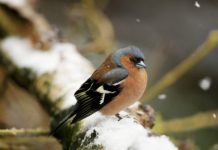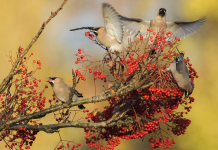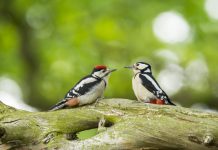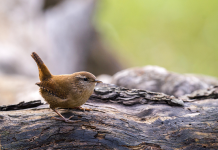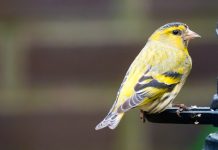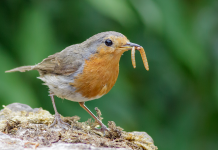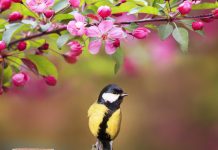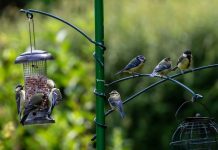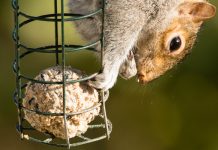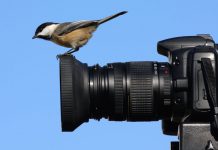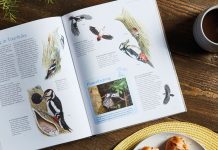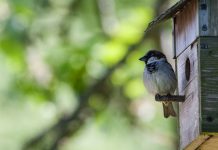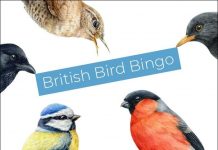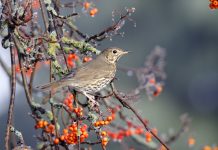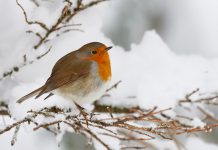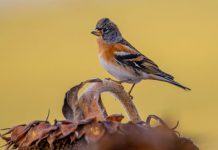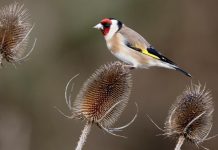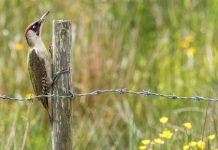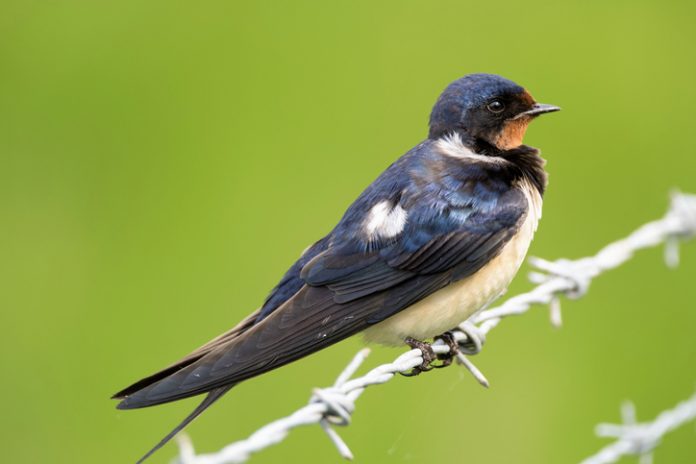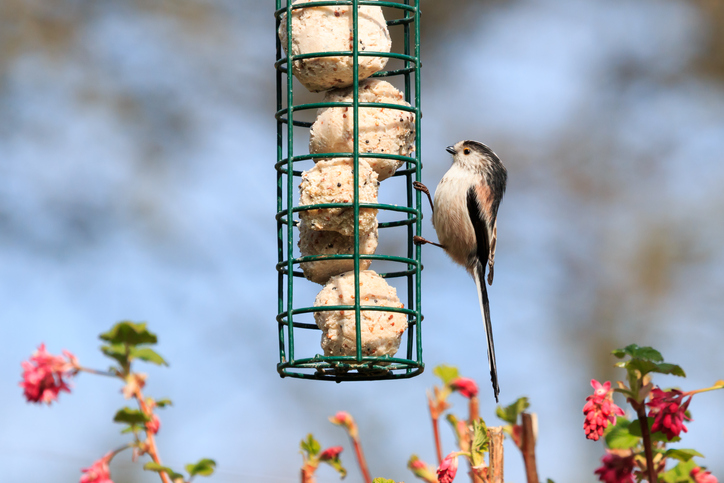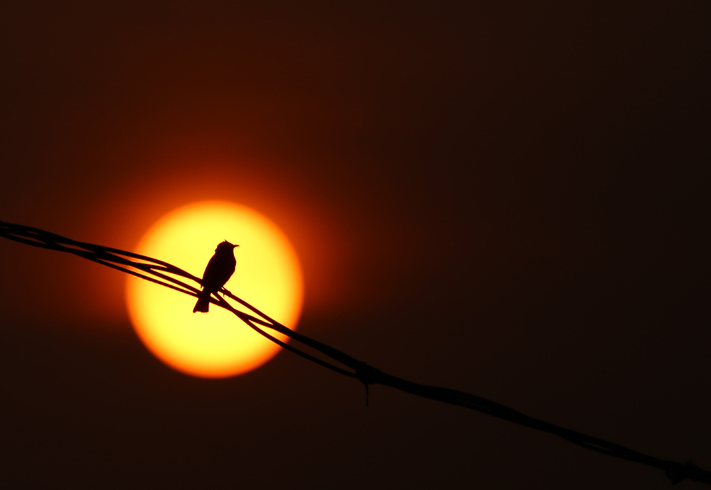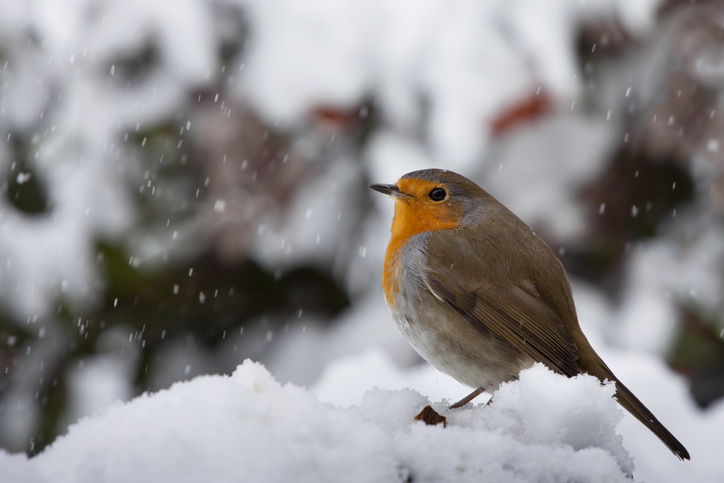There’s a noticeable change in the air; the nights are getting longer, and the temperature is beginning to drop. The time has come for our summer-visiting feathered friends to start making their long journey south to warmer climes for winter.
Here’s how you can help them get prepared for their trip, and encourage them back into your garden next spring.
High energy food
During the last days of summer and early autumn, insectivorous birds will start making a change in their diet and concentrate more on eating high energy foods in preparation for migrating. Filling your feeders with high energy bird food such as suet and peanuts will help birds store up the essential fat they need for their long journey.
Keep cats indoors
As birds start visiting feeders and bird tables more frequently in search of energy-rich foods, they become a greater target for cats. Keep your cat indoors until you’re certain the birds have left your garden to reduce the risk of any fatalities. You can also find out more about how to keep cats away from your feeders here.
Night flight
The majority of migratory flight occurs at night, and you’ll soon see birds flying from tree to tree just after the sun goes down. This form of exercise helps them to build muscle mass and adjust to nocturnal flight. To prevent birds accidentally flying into your windows during their nighttime flight, mark your windows with light-coloured stickers or yellow highlighter.
Think ahead
Start thinking about how wonderful your garden will be next spring when it is visited by an abundance of chirping, feathered friends! Now is the time to start installing nesting boxes ready for brooding parents to set up home in your garden next year. Consider, also, planting shrubs that will not only provide cover for nesting birds, but produce naturally occurring high-energy fruits and berries next autumn, such as crab apples and dogwood.
Winter residents
Remember, not all birds migrate. We have some stunning over-wintering species in the UK including robins, blue tits, goldfinches and nuthatches. By keeping your feeders filled from the start of autumn with seeds and energy-rich foods, our winter residents will come to know your garden as a reliable food source and, in turn, will provide you with hours of entertainment throughout the colder months.


